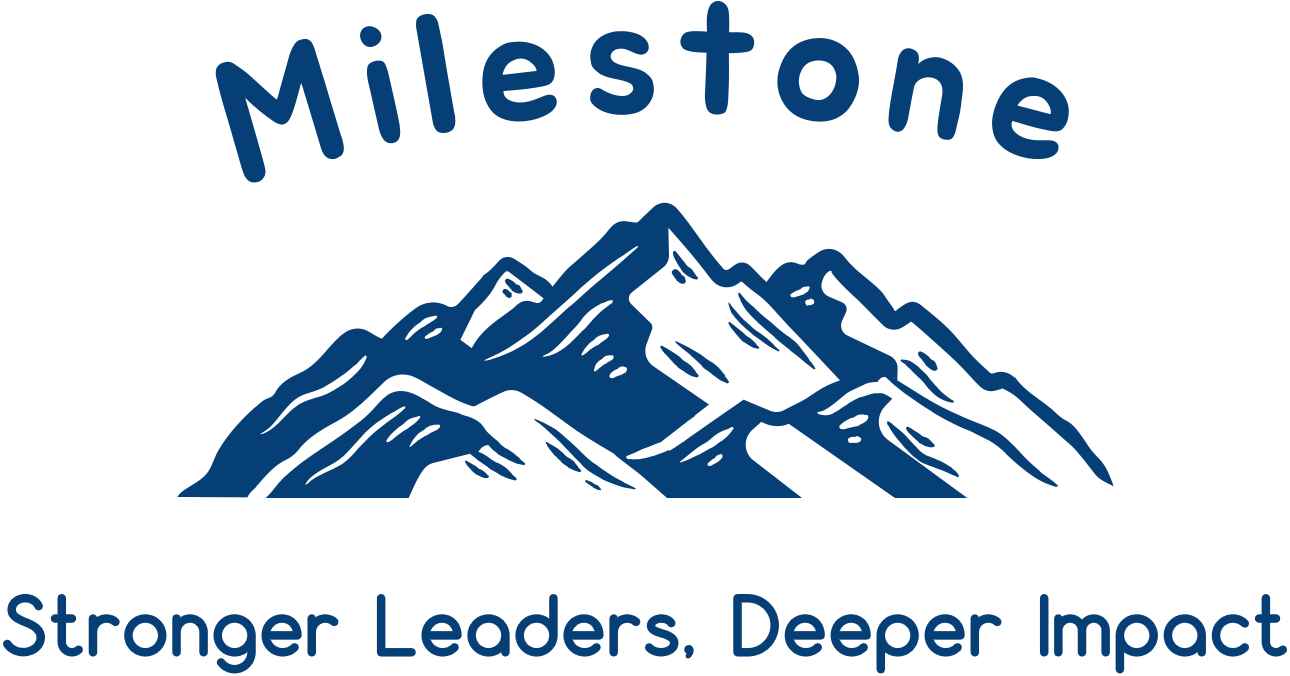On Accountability
I’ve had the privilege of leading workshops with companies grappling with one of the trickiest challenges in leadership:
Accountability.
As such, a recent conversation really struck a chord with me…
Someone defined accountability as using tools to track employees down to a very granular level. While that might make sense for some roles, I couldn’t help but feel that this approach is counterproductive in the context of agility, collaboration, and innovation—key ingredients for early-stage success.
Done poorly, accountability can smother innovation.
I’ve seen this firsthand.
During Steve Ballmer’s era at Microsoft, performance reviews followed a system that ranked employees against their peers—a process inspired by Jack Welch’s model at GE. Every team had to categorize employees into fixed performance tiers, with some inevitably labeled as "low performers."
The result?
A culture of peer-to-peer competition instead of collaboration, risk aversion instead of smart risk-taking, and a “know-it-all” mindset instead of the “learn-it-all” culture that drives innovation today.
So, how do we create accountability that fosters success and innovation?
The answer lies in what I call Agile Accountability:
Culture: Build an environment where trust, psychological safety, and collaboration thrive
Leadership: Lead with diplomacy and affiliation, not directives or micromanagement
Impact over process: Measure success by results aligned with company goals, not rigid adherence to methods
Balanced planning: Use tools that create alignment and drive both short- and long-term growth
I like to use just enough frameworks to keep everyone aligned and focused on the most important goals. Here are a few I’ve found helpful (but I’m definitely not religious when it comes to using them):
OKRs (Objectives and key results): A clear, measurable way to align teams with the company’s most important priorities
PDCA (Plan-Do-Check-Act): A simple but powerful metaphor for planning and continuous improvement, ensuring teams iterate and learn as they go
Balanced scorecard: Ensures you’re not just solving today’s challenges but also investing in long-term organizational growth and readiness for future opportunities
When accountability is rooted in empowerment and purpose, it encourages smart risks, collaboration, and alignment—creating the conditions for true innovation.
What is a framework you use in order to hold yourself, and your team accountable?
